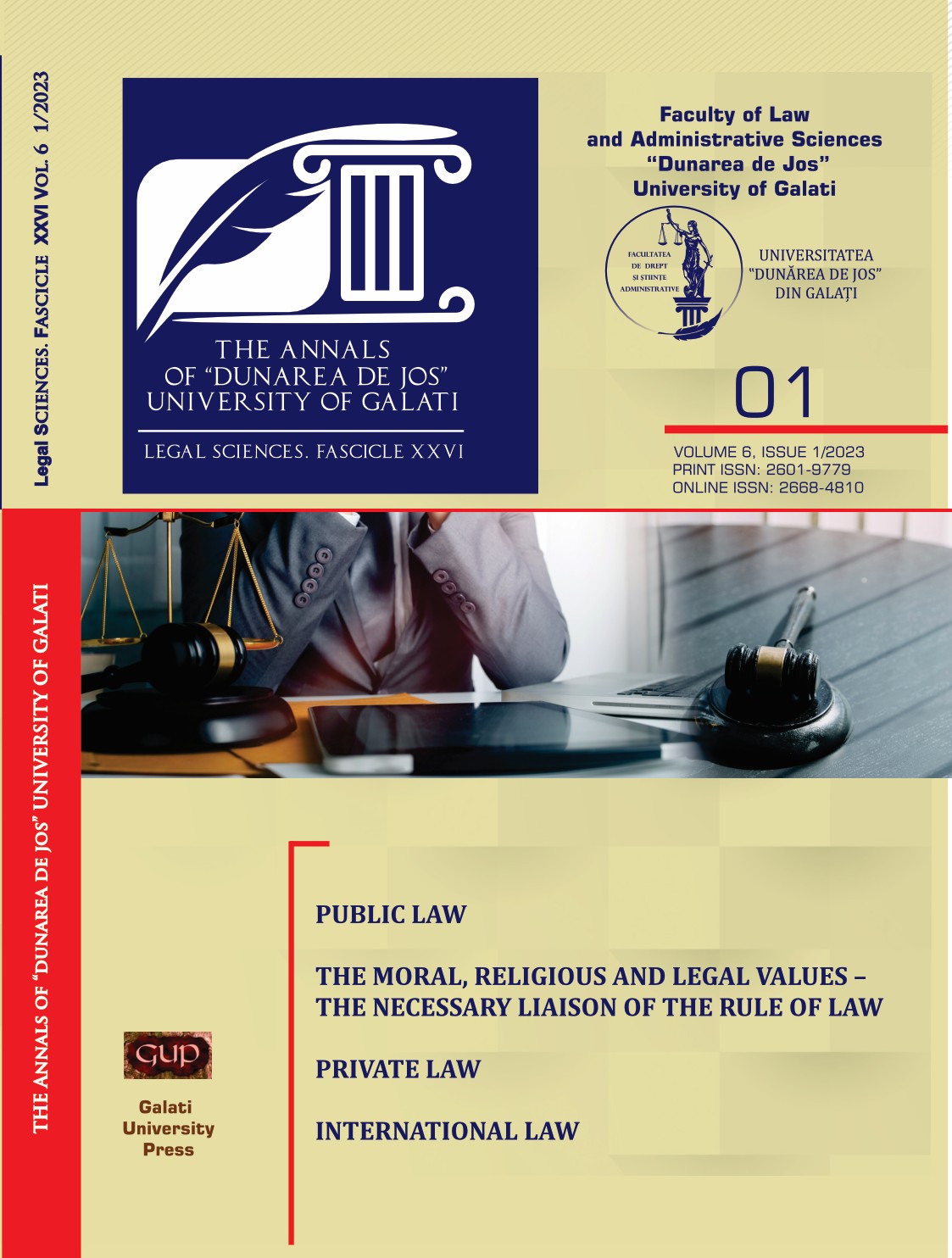Particular cases of non-application of the ne bis in idem principle
Abstract
The study deals with two problematic situations in which the incidence of the ne bis in idem principle is debated.
The first of these refers to the possibility of reopening the criminal prosecution after the classification, by admitting the complaint filed with the judge of the preliminary chamber by the injured person "B", in the conditions that such a complaint filed by the injured person "A" had previously been rejected .” The conclusion reached is that, if the injured person "B" was not a party to the first procedure and did not know about the classification solution, being within the deadline to file his own complaint against the prosecutor's solution, the ne bis in idem principle is not an incident, because the exceptions stipulated by art. 4 of Protocol No. 7 to the European Convention on Human Rights, regarding the existence of a fundamental flaw in the first procedure and the discovery of new evidence.
The second situation is related to the impediment of the impossibility of opening a criminal investigation for the deed that constitutes a crime, in the conditions where another administrative sanction was previously applied for the (apparently) same deed. The exposed conclusion is that domestic legislation should provide for a special case of annulment of the administrative sanction, applicable before the opening of the criminal investigation, thus removing the first "conviction". In the situation where the sanction was validated or applied by a court decision, the legislation should provide for a special case of annulment of this decision. Both ways of removing the first "conviction" for the same deed can be based on the existence of a fundamental flaw in the first procedure, consisting of the violation of the competence of the criminal judicial bodies.

This work is licensed under a Creative Commons Attribution 4.0 International License.
The author fully assumes the content's originality and the holograph signature makes him responsible in case of trial.


